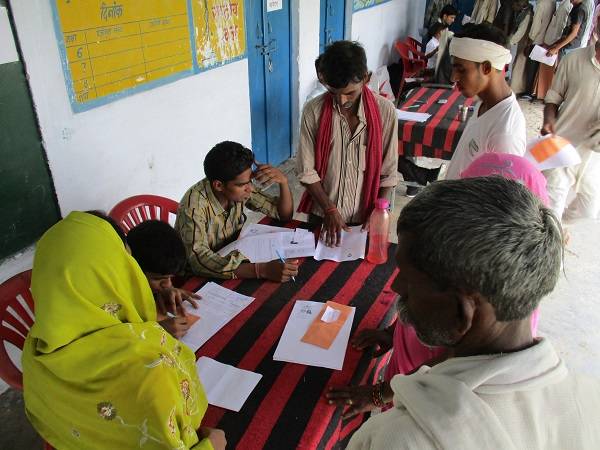Livelihood
Generate meaningful understanding of community
A rural livelihood is defined as: “the capabilities, assets and activities that rural people require for a means of living.” It is considered sustainable “when it can cope with and recover from stresses and shocks, and maintain or enhance its capabilities and assets – both now and in the future – while not undermining the natural resource base.”
Rural men and women, especially in poor households, engage in diverse and multiple activities to improve their livelihoods by maximising income-generating activities, while minimising vulnerability and risk, and achieving other household objectives (improved health, nutrition and education, etc.). These activities may include farm and non-farm actions, many times linked with other activities carried out by rural, as well as non-rural households. The effectiveness and profitability of these diverse livelihood systems will vary depending on the general development environment, each household member’s access to and control of the asset base, their productive and reproductive roles and responsibilities, their capabilities and their linkages with other rural and urban actors. Poverty is the major cause of food insecurity. The rural sector includes a wide and diverse array of stakeholders including large and small landholders, landless workers, non-agricultural entrepreneurs, public institutions, private firms, providers of inputs and services, farmer organizations and Non-governmental Organizations (NGOs). Hence, rural livelihoods reflect this diversity and therefore comprise a mix of agricultural, fisheries, forestry, mining, tourism and a wide variety of non-agricultural enterprise activities involving interactions among several different classes of rural and urban economic actors. Improving rural livelihoods therefore needs to take rural diversity into account.
Indian government is running several rural livelihood initiatives from many years such as MNREGA and NRLM. However lack of transparency and awareness among the beneficiaries are some of the major challenges of such initiatives. Hindustan Talks works in the rural community and ensures to raise the awareness of the students, farmers, women, small scale businessmen in group and individual level in order to enhance their knowledge with respect to the livelihood avenues within their community and facilitate them to avail such opportunities with the help of self help groups (SHGs), digital literacy program and awareness of government schemes program etc.

Our Interventions
Objectives
To develop entrepreneurship skills
To promote women in livelihood generation

To promote jobs (digitalization) in rural area

To connect local artisans to online platforms and government programs

To develop confidence and capabilities in women
